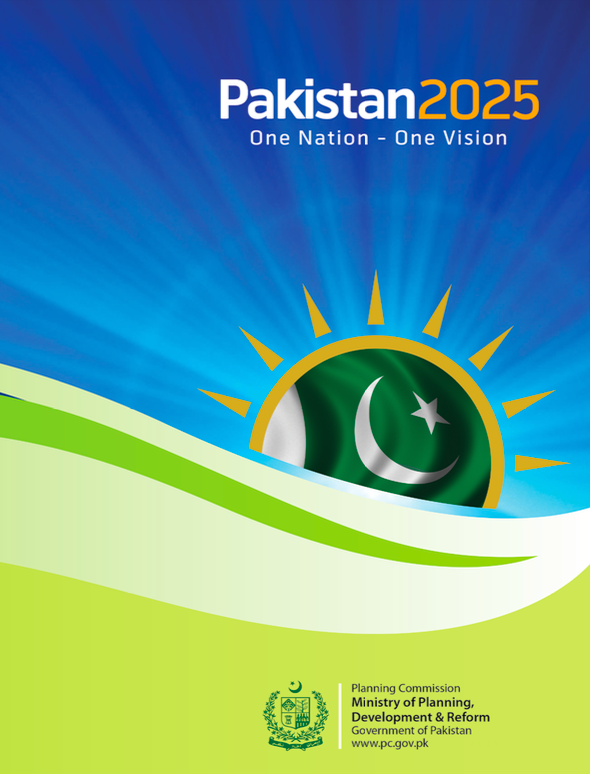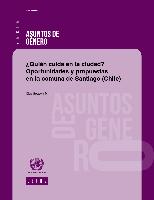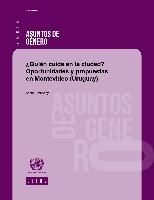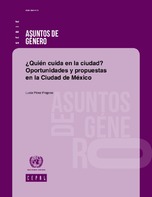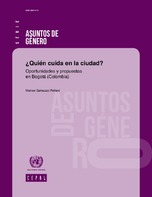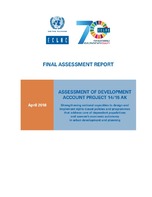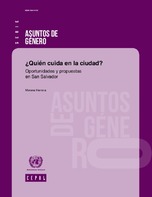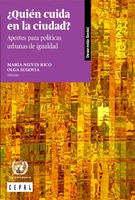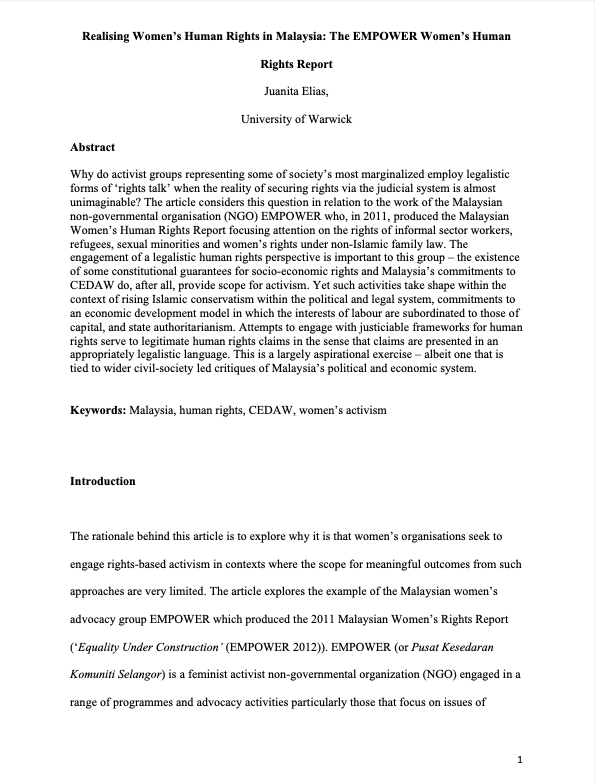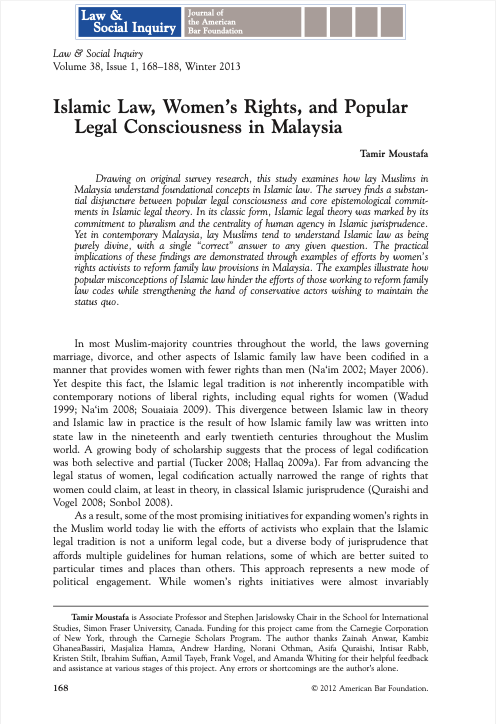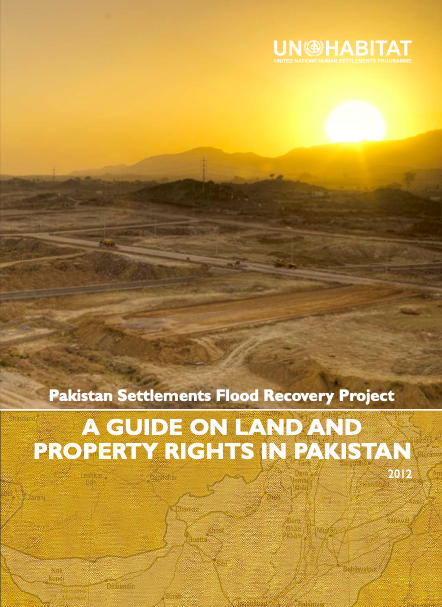Pakistan 2025: One Nation - One Vision
This document presents the country’s strategy and road-map to reach national goals and aspirations. The ultimate goal envisioned is for Pakistan to be one of the 10 largest economies in the world by 2047. The seven pillars of Vision 2025 are based on the imperatives of embracing change and transformation, and to create new opportunities.

